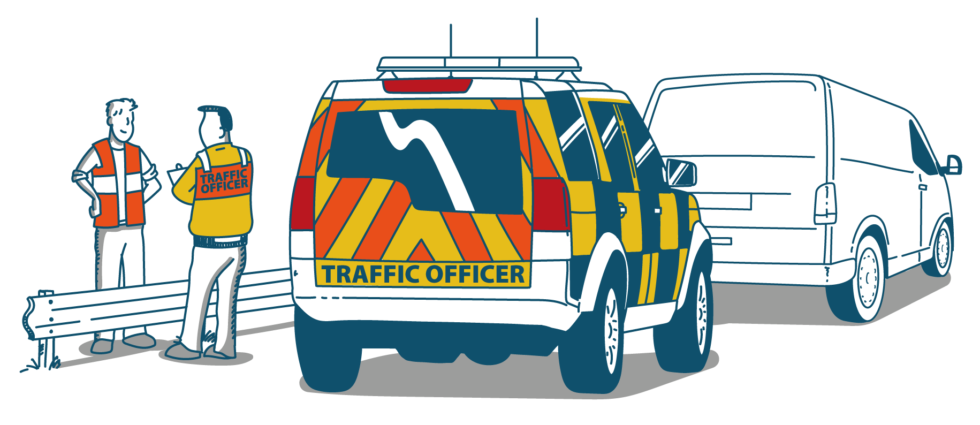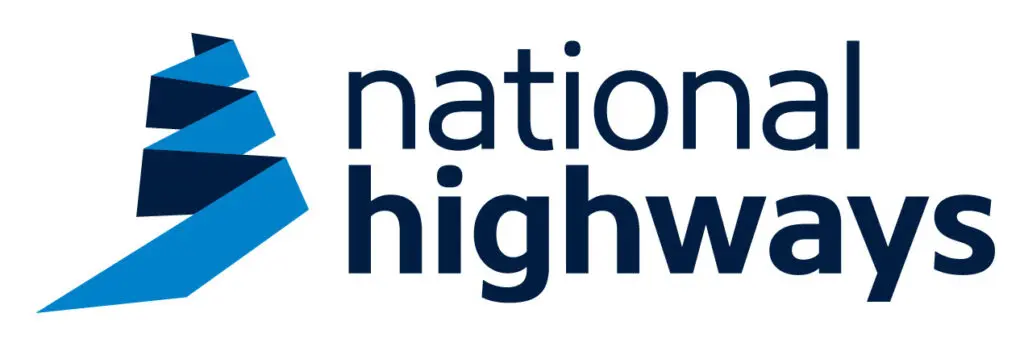Check what you know
Did you know?
More info
Check what you know
Did you know?
- There are seven main government bodies responsible for road safety.
- It is an offence not to stop when asked to do so by the police and drivers face an unlimited fine, community order or up to 6 months’ imprisonment and three to nine penalty points, or disqualification from driving.
- DVSA officers wear yellow visibility jackets with either the VOSA or DVSA logo and always carry a DVSA warrant card.
Drivers should be wary of bogus DVSA officers trying to stop vehicles on highways.
More info
Government bodies with responsibility for road safety:
The Home Office is responsible for setting priorities for police forces, reviewing charges and penalties for traffic offences, and for victims’ rights.
The Department for Transport is responsible for road safety policy in many areas of road safety, from producing guidance for local authorities (e.g. speed limits), to reviewing road safety legislation (e.g. banning hand-held mobile phones, or the drink-drive limit). It commissions research on road safety topics and runs national publicity campaigns.
 National Highways is the executive agency responsible for operating, maintaining, and improving all motorways and major trunk roads in England. National Highways traffic officers are there to support road users and keep them safe. They cannot enforce traffic law but, when prompted, road users must comply with their instructions regarding safety.
National Highways is the executive agency responsible for operating, maintaining, and improving all motorways and major trunk roads in England. National Highways traffic officers are there to support road users and keep them safe. They cannot enforce traffic law but, when prompted, road users must comply with their instructions regarding safety.
The Driver and Vehicle Standards Agency (DVSA) is responsible for annual testing of vehicles and enforcement checks on the maintenance standards of lorries, buses and coaches, and their compliance with laws, including drivers’ hours rules. It is also responsible for driving tests and promoting road use rules such as the Highway Code.
The Driver and Vehicle Licensing Agency (DVLA) is an executive agency promoting road safety and general law enforcement by maintaining registers of drivers and vehicles, and it collects vehicle excise duty (tax).
Local authorities are responsible for local roads that are not motorways or major trunk roads.
Traffic Commissioners are regionally appointed officials with responsibility for licensing companies to operate lorries, buses, and coaches. Traffic commissioners have powers to issue and take away an operator’s licence.
Categories


Crown Copyright 2025
You may re-use this information (not including logos) free of charge in any format or medium, under the terms of the Open Government Licence.
To view this licence, visit www.nationalarchives.gov.uk/doc/open-government-licence